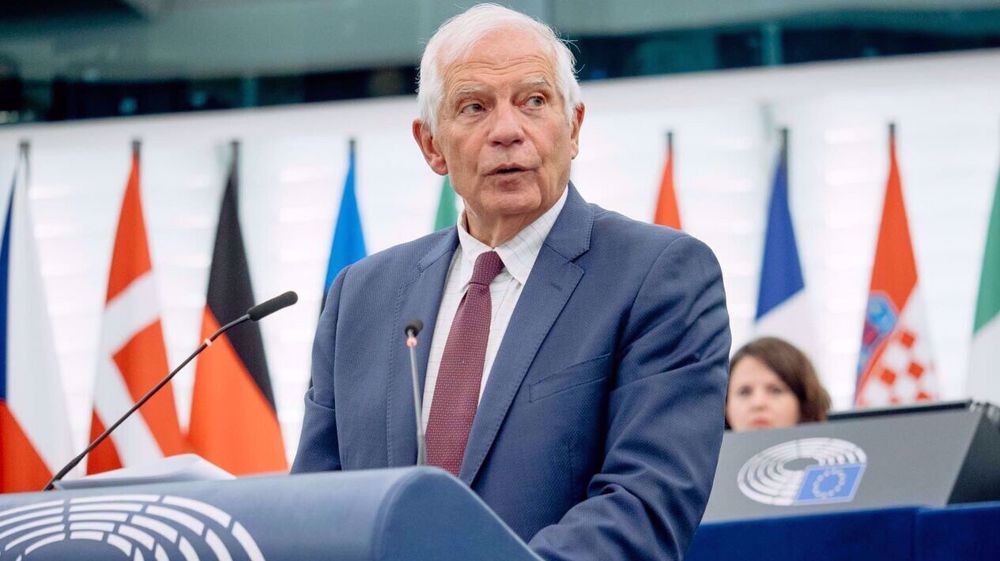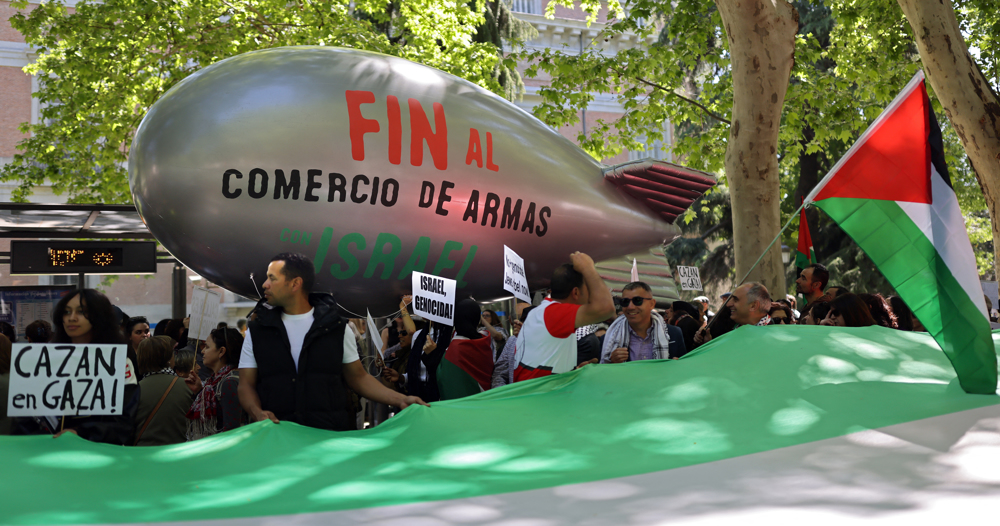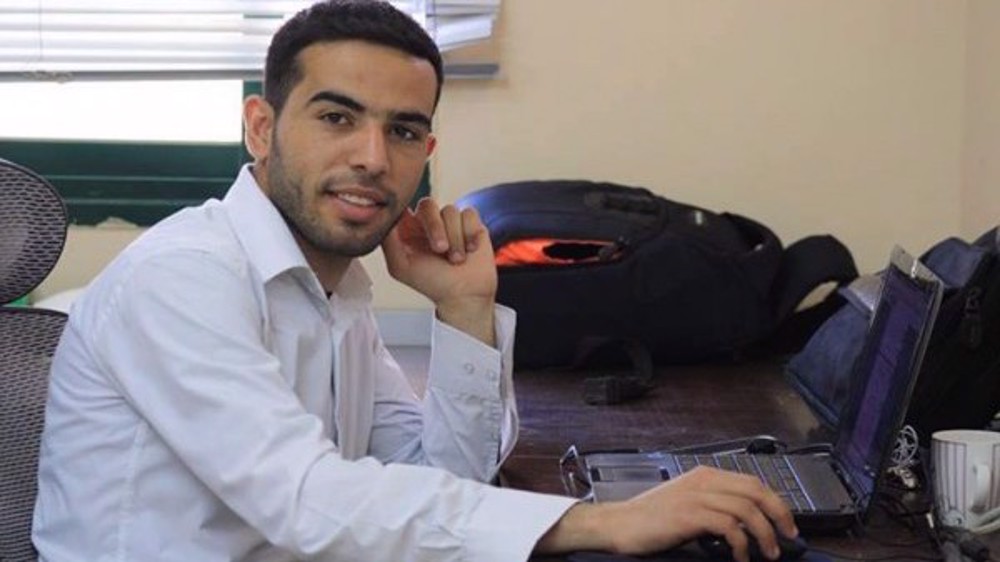Bulgaria’s Borisov to begin talks to form new government after electoral win
Bulgaria’s veteran political bruiser Boyko Borisov was due Monday to begin tough talks to form a lasting government and become prime minister for the third time.
On Sunday, Borisov’s pro-European Union (EU), center-right GERB Party came first in snap elections in the EU’s poorest country with 33 percent of the vote, according to projections from polling firms.
The burly Borisov, a former firefighter and bodyguard, saw off a stiff challenge from the Socialist Party (BSP), seen as closer to Moscow, which garnered 28 percent.
“I hope we can ensure the rapid formation of a government that responds to the wishes of the people and to the grave international situation,” Borisov said late Sunday.
But whether the 57-year-old can form an administration — and one that stays the course and is effective, unlike his previous two attempts — remains to be seen.
Bulgaria, where the average monthly salary is just 500 euros (540 dollars) and corruption is rife even after 10 years in the EU, has now seen three elections in four years.
In the first half of next year, Bulgaria will hold the rotating presidency of the EU in the midst of Britain’s negotiations with Brussels on the terms of its exit from the bloc.
Borisov, once a bodyguard for Bulgaria’s last communist leader and its ex-king, has long dominated national politics, serving as prime minister from 2009 to 2013 and again from 2014 to 2017.
Read More:
But both times Borisov quit early, first in 2013 after mass protests and then last November after his candidate for the presidency was defeated by an air force commander backed by the BSP.
And his reform efforts, in particular in meeting Brussels’ demands to tackle corruption and organized crime, failed to get off the ground both times.
The scourge of graft loomed over the poll, with prosecutors launching multiple electoral fraud probes and television channels alleging sales of votes for as little as 15 euros.

In the campaign, Borisov ruled out a tie-up with the centrist Movement for Rights and Freedoms (MDL) Party representing Bulgaria’s Turkish minority, which came third or fourth with around 9.5 percent of the vote.
Potential partners include the United Patriots, also on some 9.5 percent, and Veselin Mareshki, a charismatic businessman who likes being called the Bulgarian Donald Trump.
It was unclear however whether Mareshki’s party, Volya (“Will”) cleared the four-percent hurdle needed to gain seats in parliament. Official results were due from Monday.
(Source: AFP)
Israel prevents food convoys from reaching north of Gaza: UNRWA
NYPD arrests multitude of pro-Palestine students at NYU campus
Iran’s decisive response to Israel disrupted enemy’s equations: Hamas
Iran releases details of confiscated Israeli transit cargo
VIDEO | Press TV's news headlines
President Raeisi: Nothing will remain of Israel in case of another mistake
UN rights chief ‘horrified’ by mass grave reports at Gaza hospitals
Hezbollah says launched ‘deepest attack’ on Israel since start of Gaza war















 This makes it easy to access the Press TV website
This makes it easy to access the Press TV website